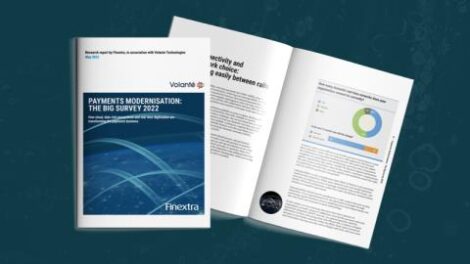Nigeria – Africa’s leading crude oil exporter and largest, most populous country – has about 40% of its population living below poverty levels.
The COVID-19 pandemic caused falls in the output of goods and services, which negatively affected the economy and caused thousands of jobs to be lost.
It is estimated that Nigeria’s unemployment rate will reach 32.5% this year and rise even more next year.
That’s where Nigeria’s emerging crypto economy comes in.
To strengthen the development of Africa’s largest economy, Nigerian regulators and stakeholders must tap into the potential inherent in crypto to improve such unimpressive economic data. We spoke to several experts from the Nigerian crypto scene to explore some of the potential benefits.
Get around the ban
A crypto economy can help Nigerians who lack bank accounts deal with many of the challenges of international trade. Crypto transactions are growing rapidly in Nigeria, which already embraces the internet. The crypto ban issued by the Nigerian central bank, prohibiting commercial banks and payment providers from dealing with crypto entities, is encouraging a young, tech-savvy population to embrace crypto for the first time.
Chartered financial analyst Temitope Busari notes that blockchain technology allows people to conduct transactions without middlemen. “Cryptocurrency obviates the bureaucracies and high charges associated with bank transfers. The African economy has benefited from digital solutions for e-payments and transfers, and new players are leveraging financial technology to provide enhanced banking solutions,” she tells me.
Anti-inflation
In an economy riddled by hyperinflation, investment in cryptocurrencies means preserving wealth.
“Nigeria’s crypto market boom is driven by the depleting value of the naira, which has seen the local currency depreciate by over 100% since 2015,” said Anthony Okafor, an adjunct professor of finance at the University of Louisville. “In an economy mired by hyperinflation and a high unemployment rate, investment in cryptocurrencies is emerging as a leading investment outlet, and a means of preserving wages and wealth.”
READ ALSO: Nigerian B2B e-commerce Platform Omnibiz Raises $3m Seed Funding Round
Abiodun Keripe, managing director at Afrinvest Research, said crypto assets are fast becoming as an easier option for many young Nigerians looking to preserve their wealth. A large number of crypto enthusiasts have taken to digital assets as a store of value to prevent the negative impact of inflation. For context, bitcoin in 2020 returned 302.8%, while headline inflation (Nigeria CPI) stood at 15.75% year-over-year in December.
Significant numbers of Nigerians are already feeling the negative effect of the recent ban on crypto trading, which has led people have to go through third parties because traditional bank channels are barred from dealing with crypto transactions. The number of individuals exposed to questionable entities has increased.




